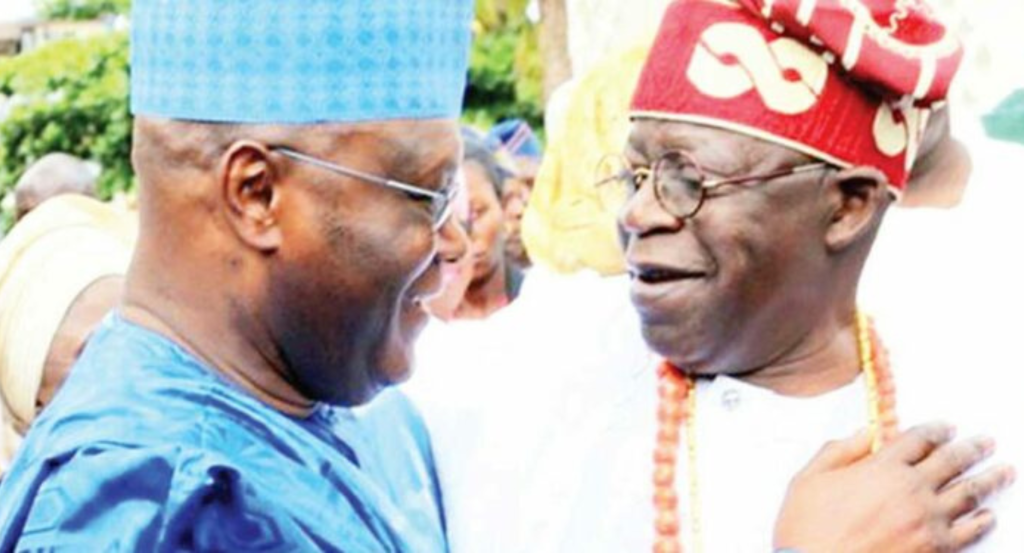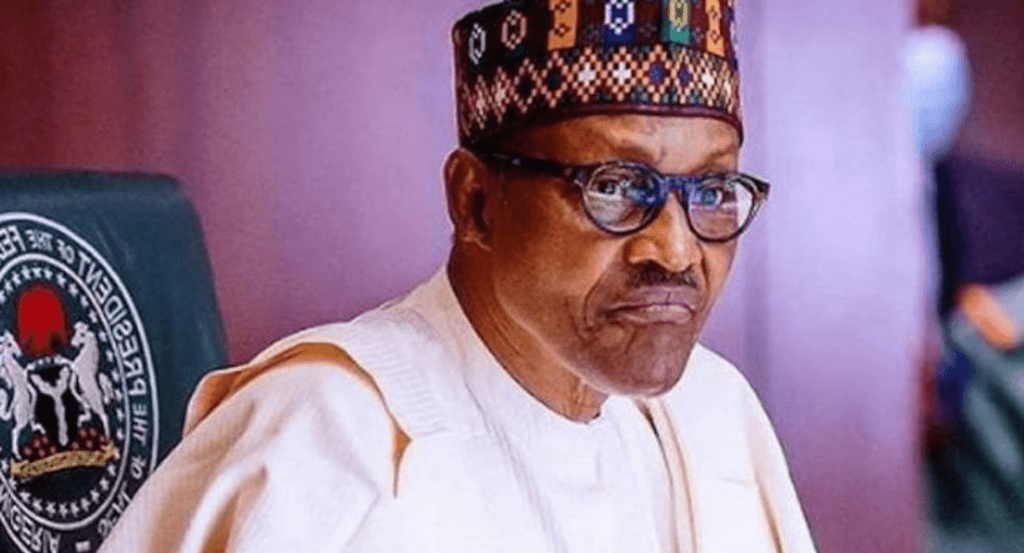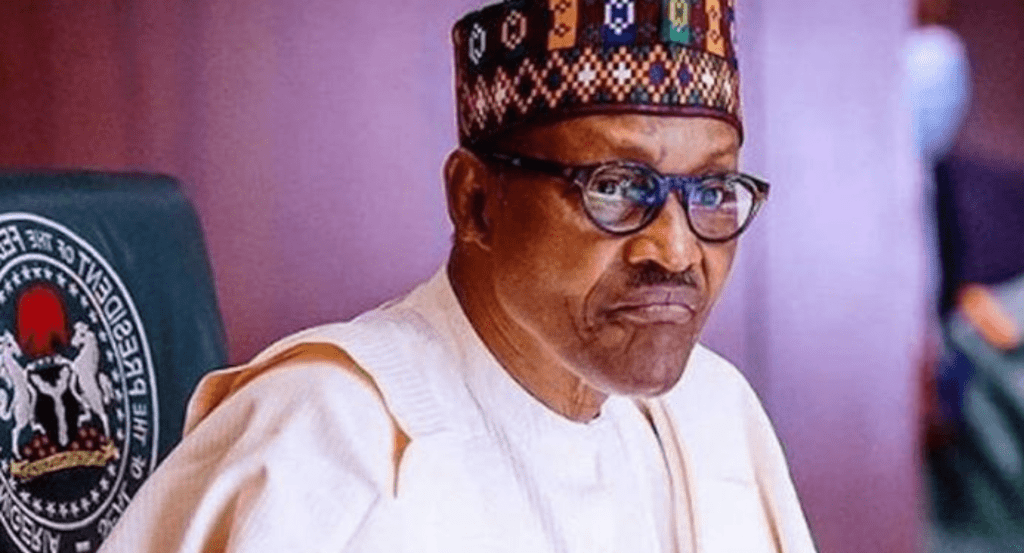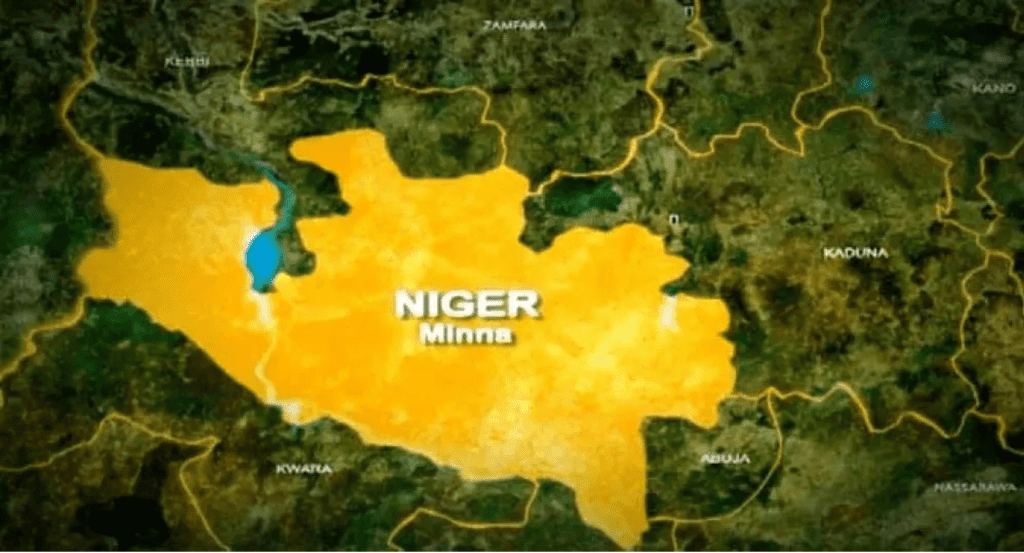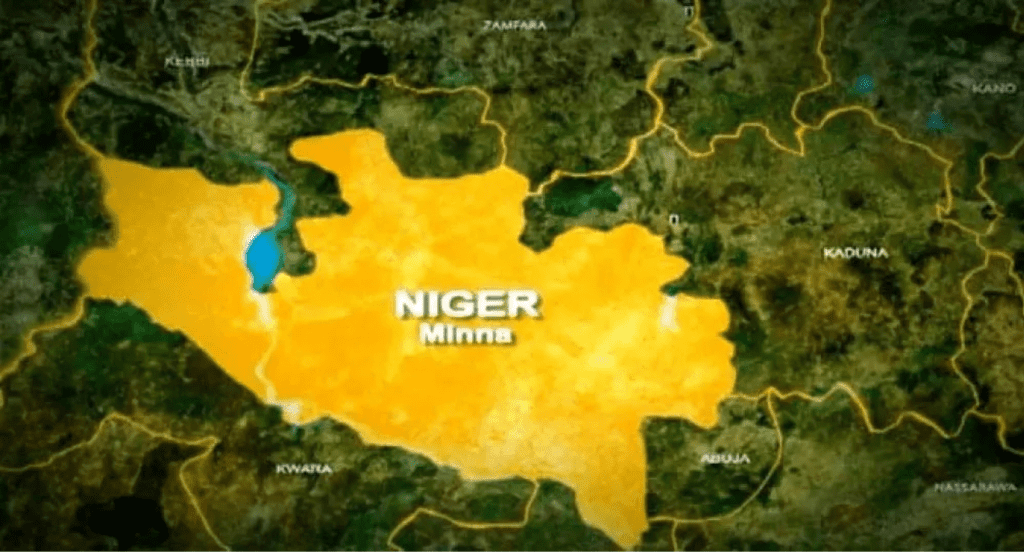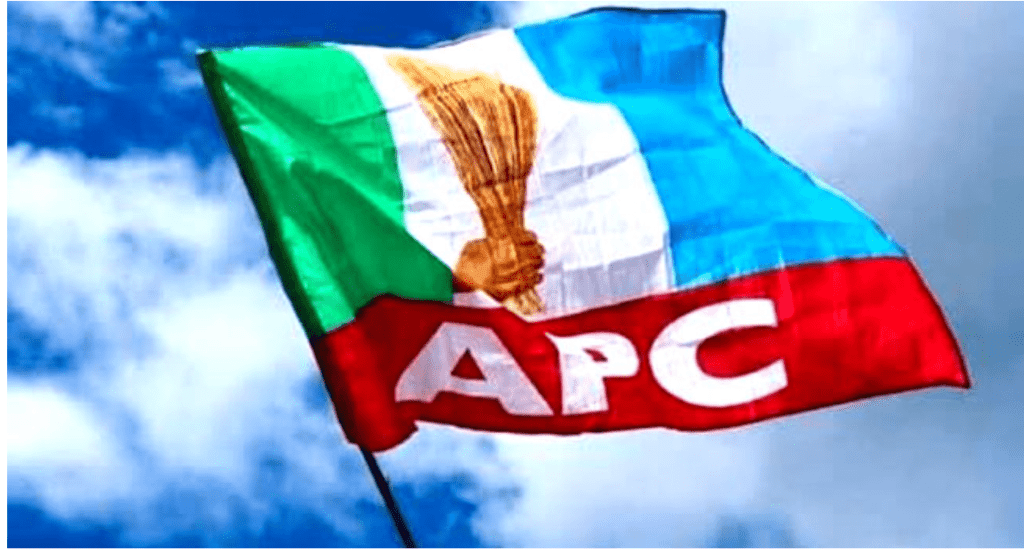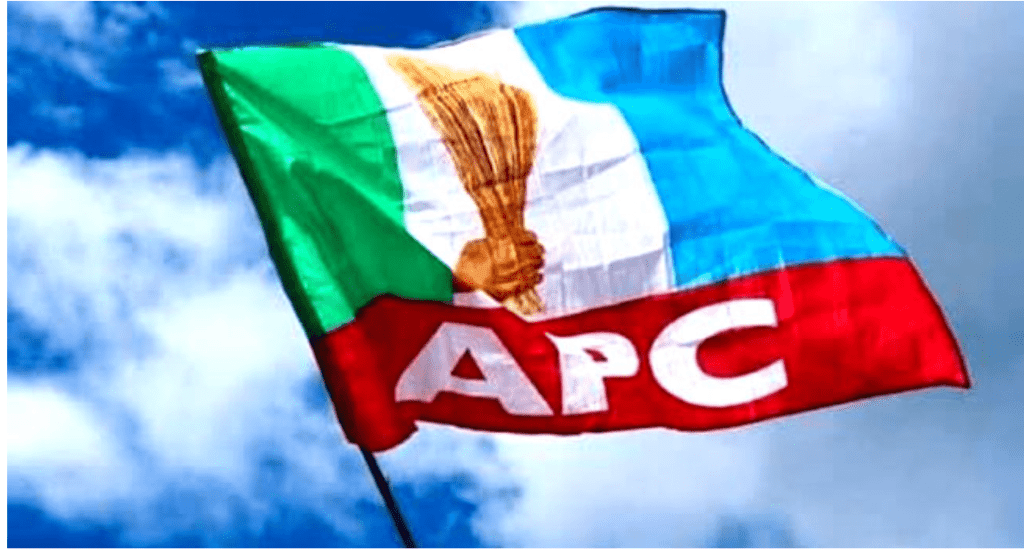Former Nigerian Vice President Atiku Abubakar has refuted claims from the presidency that he harbors jealousy toward President Bola Tinubu following his defeat in the 2023 presidential election. The rebuttal followed statements by the presidency that attributed Atiku’s recent critical economic analysis to feelings of envy and dissatisfaction with the election outcome.
The presidency had previously asserted that Atiku’s criticisms, particularly his questioning of Nigeria’s current economic direction, were not aligned with the country’s realities and reflected bitterness over his loss in the last presidential race. Responding through his spokesperson, Atiku clarified that his remarks were based on his assessment of the Nigerian economy’s current state and intended to prompt constructive discourse around the country’s financial policies and direction. He insisted that his motivations are driven by a desire for national progress rather than personal rivalry or discontent.
In a related development, the Nigerian presidency announced that it will direct N5.4 trillion saved from the removal of fuel subsidies toward key nationwide development initiatives. The allocation is expected to address pressing needs in infrastructure, healthcare, and education, as well as boost job creation efforts to alleviate economic hardships. This decision comes amid increased scrutiny of Nigeria’s fiscal policies, particularly following the removal of the fuel subsidy earlier in Tinubu’s administration—a measure aimed at reducing public expenditure.
The subsidy removal and subsequent utilization of the funds represent a significant shift in Nigeria’s economic strategy. Proponents argue that reallocating these funds will help bridge long-standing infrastructural gaps and drive sustainable economic growth. However, critics, including Atiku, have voiced concerns about the effectiveness and timing of these policies, suggesting they may exacerbate the economic burden on average Nigerians if not managed carefully.
The presidency, however, maintained that the subsidy savings plan is a strategic move aligned with global economic realities and Nigeria’s long-term goals. Presidential spokespersons emphasized that the government remains committed to transparent and impactful utilization of the subsidy savings, urging critics to consider the broader benefits of the policy shift.


